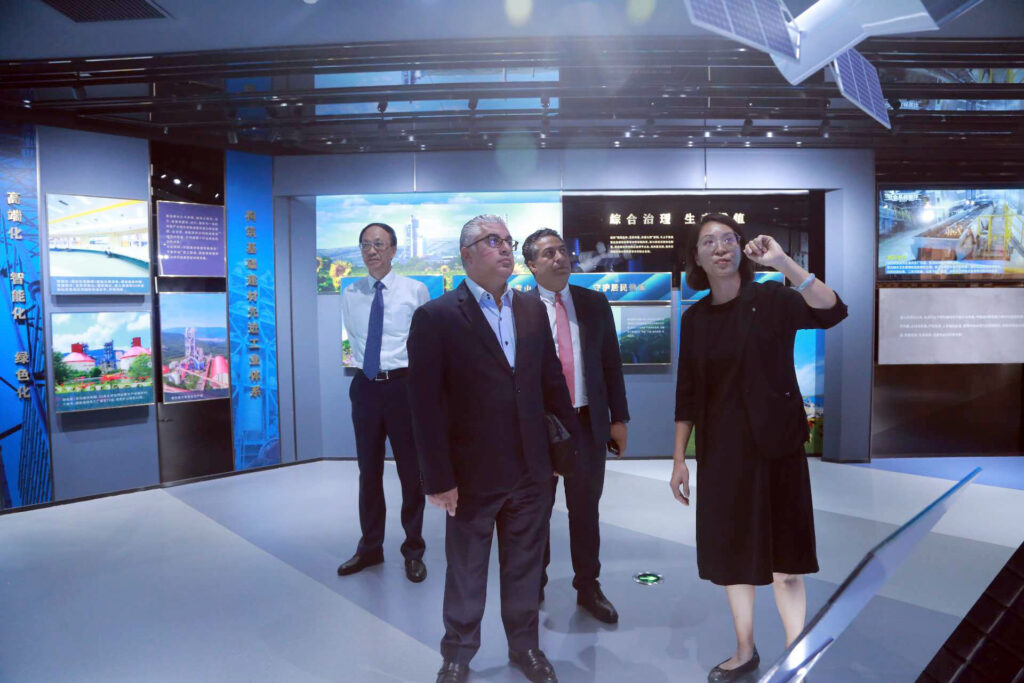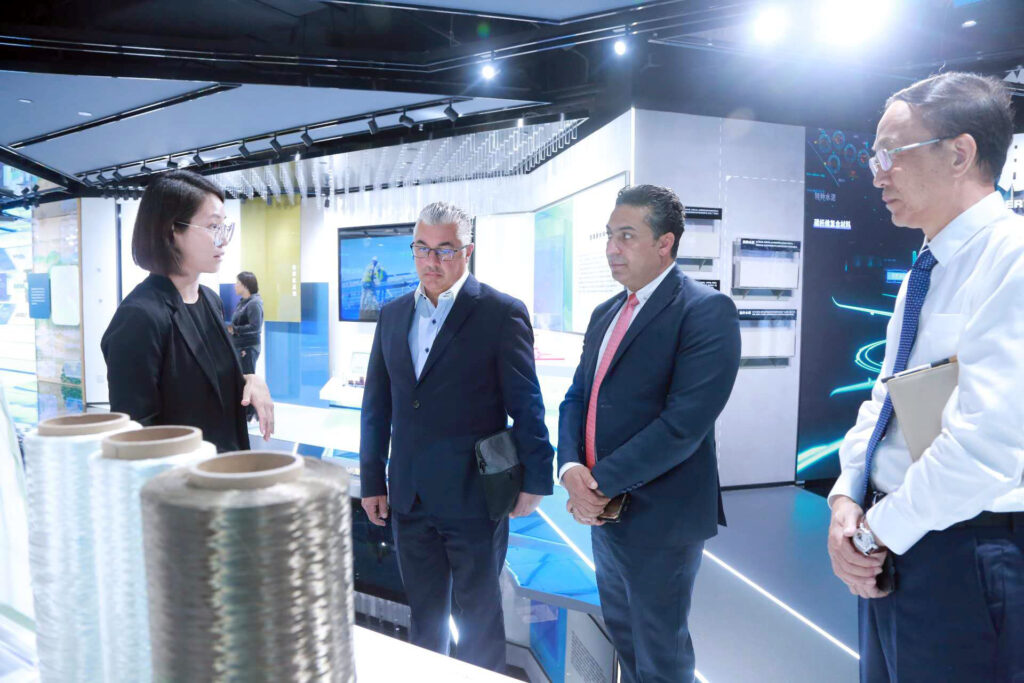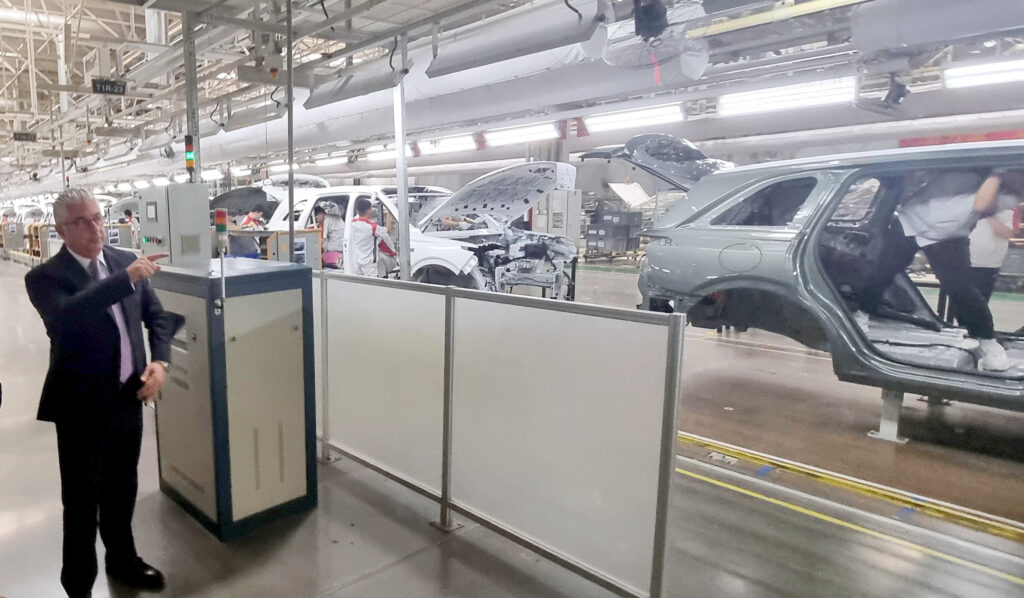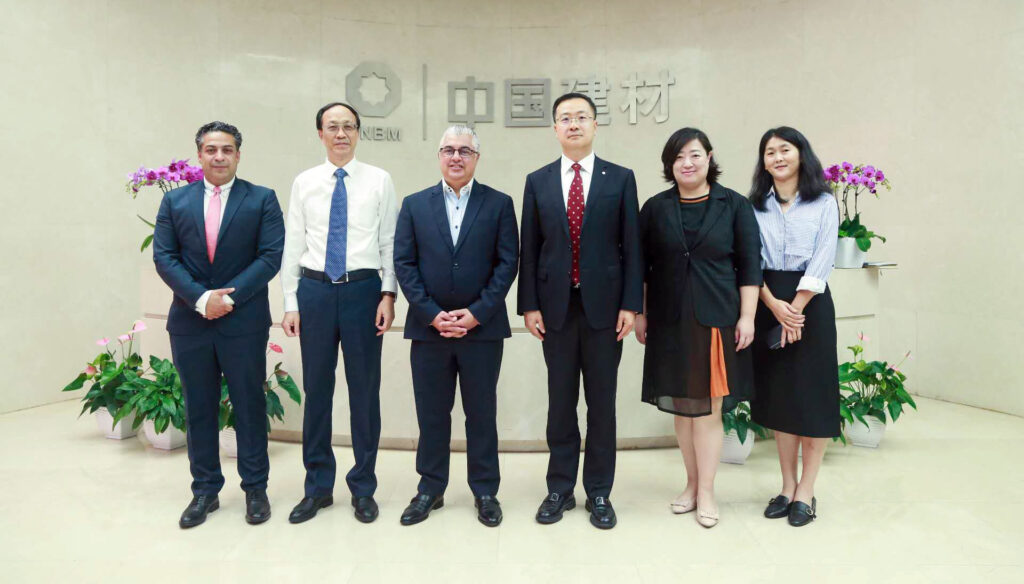- September 4, 2024
- Posted by: Ahmed Abed
- Category: 2024, EN
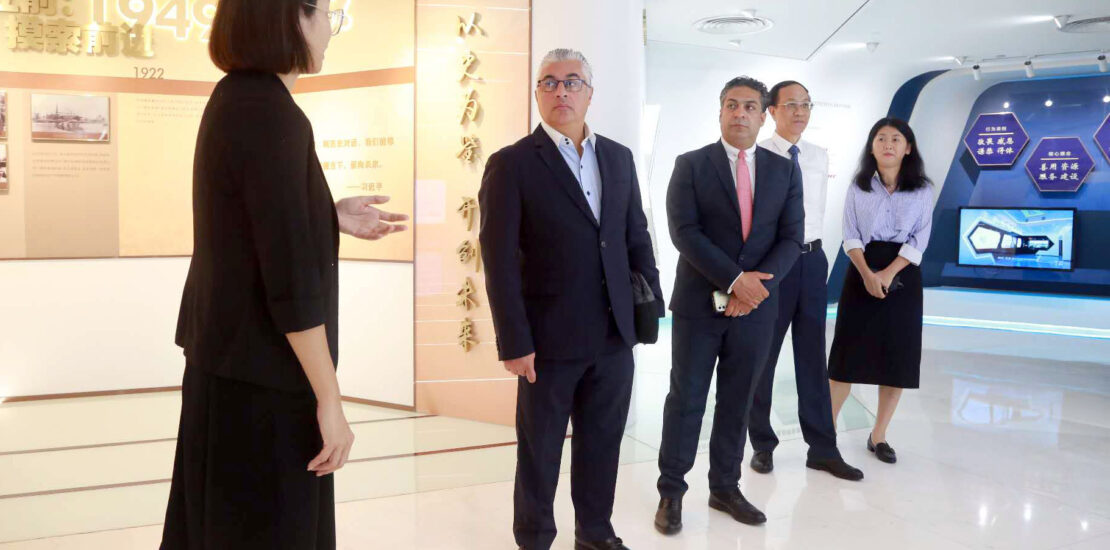
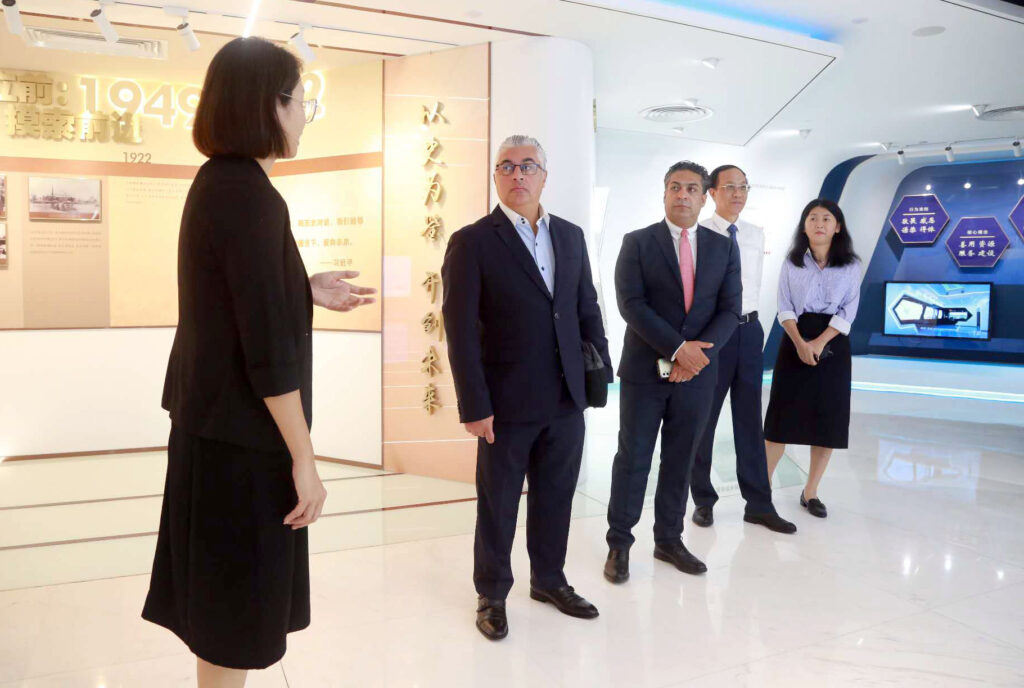
On the sidelines of the Forum on China-Africa Cooperation (FOCAC), held in Beijing from September 4 to 6, Mr. Walid Gamal El-Din, Chairman of the General Authority of the Suez Canal Economic Zone (SCZONE), and several Chinese companies operating in various fields, most notably the automotive sector, met to attract key players in this sector from China, within the framework of discussing opportunities to enhance Chinese cooperation with SCZONE as a gateway for trade and investment with African countries in various fields.
Mr. Waleid Gamal El-Dien met with representatives of Great Wall Motors (GWM), a Chinese company specializing in car and truck manufacturing, to discuss ways of cooperating to localize this vital industry within the Suez Canal Economic Zone. This is especially important given its rapid growth, which requires the transfer of the latest industrial technologies.
“SCZONE has multiple capabilities for success, and an important role as a gateway for investment, trade and support for Africa’s value chains, whether with its strategic location at the entrance to the continent or with its trade agreements with African countries, which enhances SCZONE’s competitive advantages regionally and internationally. We appreciate the strategic cooperation between SCZONE and Chinese investments, which represent about 40% of the total investments SCZONE has succeeded in attracting during the last two years. Egypt provides great facilities to localize the automotive industry. SCZONE is providing GWM with all the data and information that supports the company’s final decision to start building its project in Egypt by the end of this year.” Mr. Walid Gamal El-Din explained at the end of his tour inside the GWM factories
For their part, GWM officials accompanied the SCZONE delegation on a field tour inside the company’s factories and the R&D center, to learn more about the company’s success stories.
“Great Wall Motors has an annual production capacity of 1.5 million units that are exported worldwide. The company has plans to develop and expand in the automotive industry. It has also started manufacturing and assembling electric vehicles, and is developing green-fuel trucks.” GWM officials said
SCZONE Chairman met with Mr. Rushan Wei, President of China National Building Materials “CNBM” Co. Ltd. And Vice President of CNBM Group “Jushi China Investment”, at the Group’s headquarters in Beijing.
In this context, the SCZONE Chairman stated: “SCZONE looks forward to strengthening the partnership with Chinese investments and taking it to broader horizons. We are discussing ways to expand CNBM’s business within SCZONE in the upcoming phase.”
“We are very excited to start a new chapter of cooperation with SCZONE, especially after the previous successes CNBM Group “Jushi” achieved in partnership with SCZONE. We also appreciate the continuous support SCZONE management provides at all levels. The company, in cooperation with SCZONE, is studying the establishment of a specialized industrial zone in Sokhna in an area of about 5 million square meters. The area under study represents the first specialized industrial complex that accommodates the industries that the company intends to expand outside China, especially the renewable energy industry such as (the manufacture of high-rise towers, wind turbine blades to generate electricity, and the manufacture of solar energy systems and mirrors), which is one of the applications of the fibreglass industry, and it is one of the Green Hydrogen feeding and complementary industries. The company also aims to expand the coverage of the roofs of factories within SCZONE with solar panels.” CNBM Co. Ltd President stated
It is noteworthy that the Forum on China-Africa Cooperation (FOCAC) represents a major opportunity to develop cooperation between the two sides, focusing on priority areas to overcome the current challenges faced by the African continent, which increases the importance of meeting the basic needs of African peoples, especially food and medicine, as well as developing industrial and logistics bases in the countries of the continent, through the integration of supply chains, and improving the business climate in the continent.
